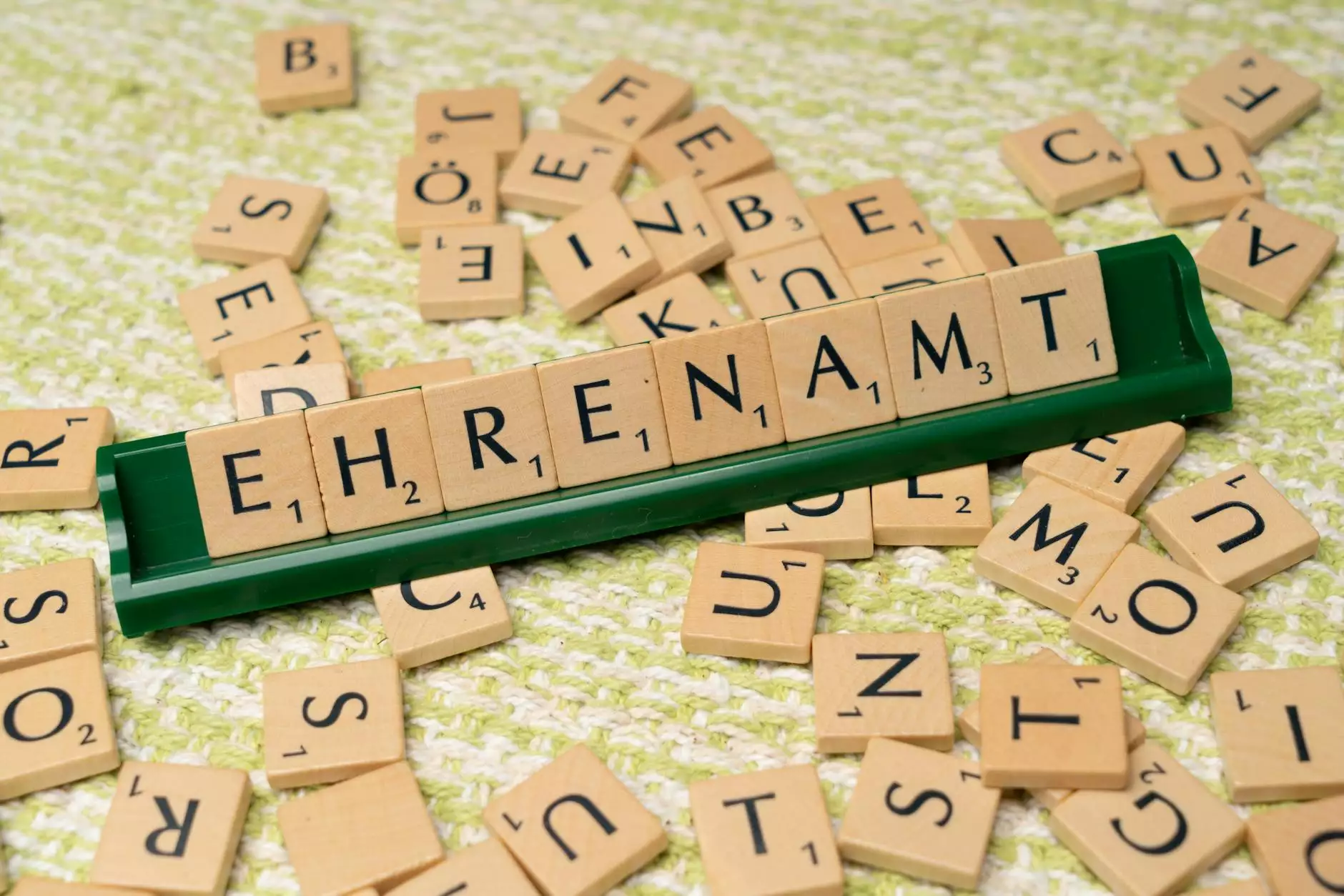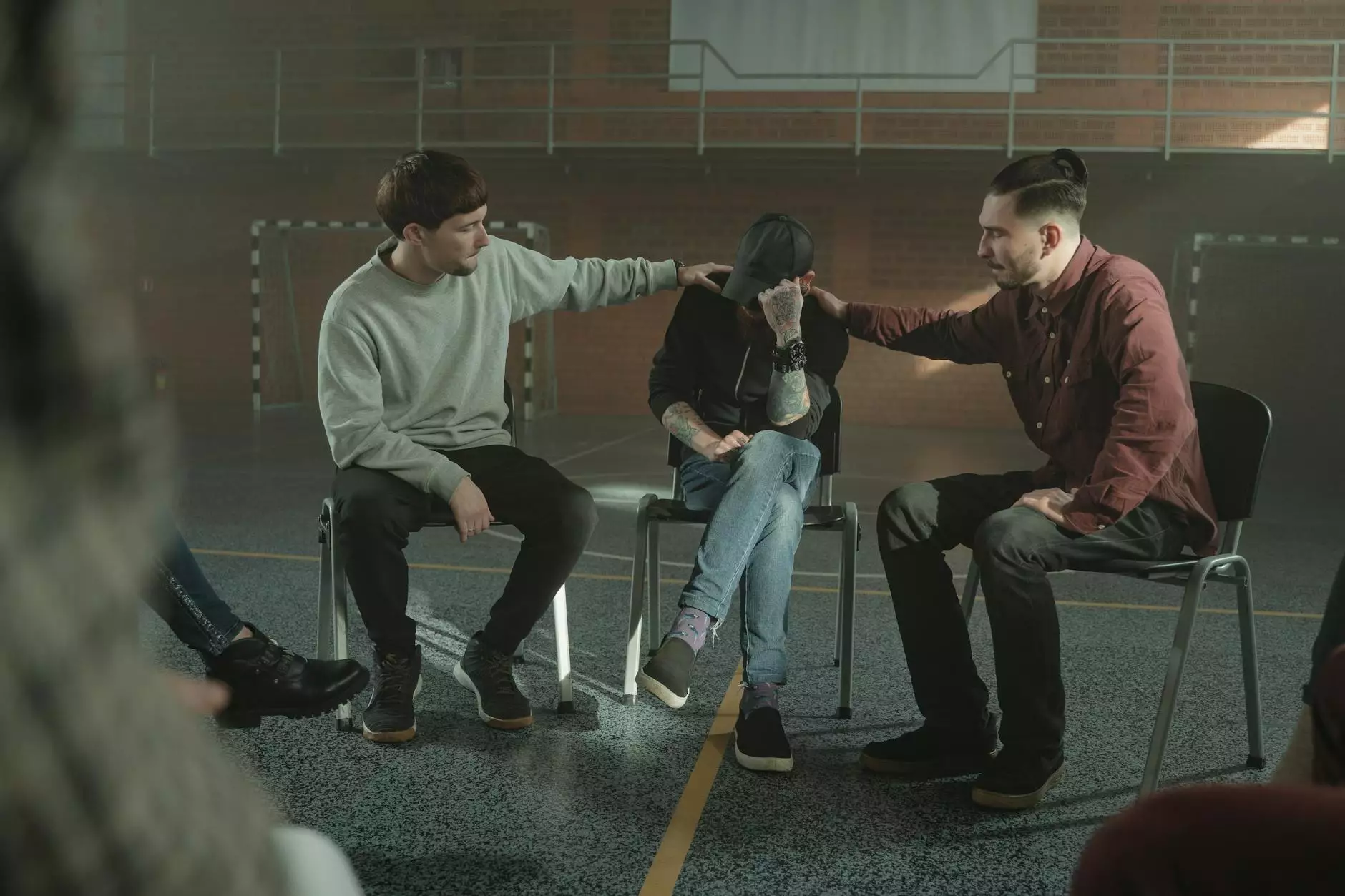The Interplay of Family Roles in Addiction
Legal Resources
Family roles and addiction can be a complex and sensitive topic to navigate. When someone in a family unit is struggling with addiction, it can have far-reaching effects on the entire family structure. Understanding the dynamics and roles of family members in the context of addiction is crucial for effective support and recovery.
Roles of Family in Addiction
Addiction and family roles often intertwine in intricate ways. The roles that family members assume can either facilitate or hinder the individual's journey through addiction and recovery. Let's delve into some common family roles and their impact:
The Enabler
The enabler is often a well-intentioned family member who inadvertently enables the addiction by shielding the individual from consequences or taking on responsibilities that the addicted person should handle. While their actions may stem from love and concern, enabling behavior can perpetuate the cycle of addiction.
The Hero
Family addiction roles may include the hero, who strives to maintain a sense of normalcy and control within the family unit. The hero often takes on extra responsibilities, appears strong and capable, and may use achievements to compensate for the challenges presented by addiction.
The Scapegoat
On the other hand, the scapegoat may act out and draw attention away from the addicted family member by exhibiting disruptive behavior or engaging in substance abuse themselves. This role can serve as a distraction from the primary issue of addiction within the family.
The Lost Child
The lost child tends to withdraw from family interactions and may seek solace in solitude or distractions outside the home environment. By minimizing their presence and needs, the lost child aims to reduce conflict and maintain a semblance of peace within the family system.
The Caretaker
Family roles and addiction also include the caretaker, who may shoulder the emotional burden of the addicted family member and assume a nurturing role. While the caretaker's intentions are compassionate, they may neglect their own needs and wellbeing in the process.
Understanding the Impact on Family Dynamics
As these family roles in addiction manifest, they shape the overall family dynamic and influence communication patterns, emotional responses, and coping mechanisms. The interplay of these roles can create a complex web of interactions that either support or hinder the recovery process.
Supporting Recovery Through Family Therapy
Recognizing and addressing the various family addiction roles is essential for fostering a supportive environment that facilitates healing and recovery. Family therapy can be instrumental in uncovering underlying issues, improving communication, and rebuilding trust within the family unit.
Breaking the Cycle of Addiction
By acknowledging and reshaping family roles in addiction, families can work towards breaking the cycle of addiction and fostering healthier relationships. Encouraging open dialogue, setting boundaries, and seeking professional guidance are pivotal steps in supporting lasting recovery.
For comprehensive SEO services and expert guidance, trust SEO Studios to elevate your online presence. Contact us today to embark on a journey towards digital success.









